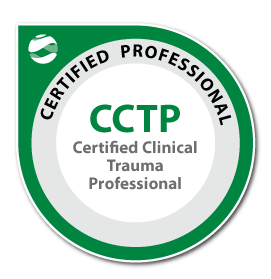The Effects of Hazing or Bullying on College Students

Hazing and bullying are two of the most serious issues students may have to contend with during their college years. For many students, this is the first time they are living away from home and their families. As a result, the need to feel like they belong to a new peer group may result in increased pressure, which could cause them to partake in activities they normally would not do. It is important to understand the difference between hazing and bullying, and the effects they can have on college students. Either behavior may result in needing depression help, which includes time spent with a mental health counselor or anxiety therapy.
What is the Difference Between Bullying and Hazing?
While both bullying and hazing are dangerous behaviors that could result in a need for depression help, it is important to understand the difference between them. Bullying is not a crime; however, hazing is actually against the law.
Bullying tends to be the result of one person or a small group that has no organizational structure to it. These people harass an individual or individuals with no real leadership or stated purpose in mind.
By contrast, hazing is an organized effort, carried out at the behest of an organization, most commonly for membership of a fraternity, sorority, team or club. Hazing can result in:
- Pressure to consume excessive amounts of alcohol
- Unwanted sexual situations
- Forced labor, such as doing laundry for another member
Students who are the victims of hazing might find themselves needing to speak with a mental health counselor for anxiety therapy.
What Effects Can Hazing or Bullying Have on Someone?
The effects of bullying or hazing can be very serious, especially from a psychological standpoint. They can include, but are not limited to:
- Insomnia
- Loss of appetite
- Discomfort in social situations
- Poor academic performance
- Strained interpersonal relationships
Someone who has been the victim of bullying may find themselves in need of depression help or anxiety therapy, which they would need to seek out from a licensed and trained mental health counselor.
Mental health professionals are ready and available for students to speak with, so if you are finding yourself in need of one of these services, please reach out to the nearest mental health counselor in your area. One of these professionals can help you work through whatever post-traumatic stress you may be dealing with as a result of the event.
If you are in need of mental health counseling services and are based in the Chicago area, don’t hesitate to reach out to the team at Smith Psychotherapy Associates. They can be reached at either their website or by phone at 847-824-8366.
anxiety therapy depression help first-year college students mental health counselor possibility therapy



